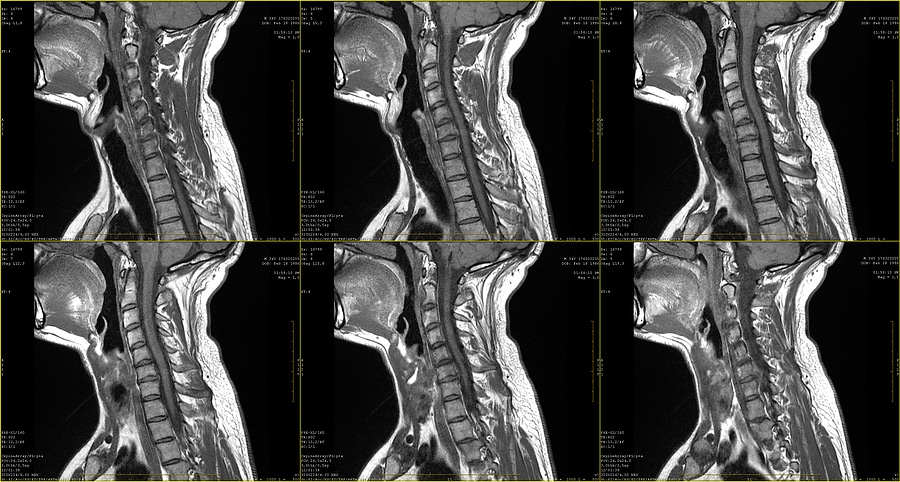Spinal Cord Injuries: Impact and Legal Recourse

Spinal cord injuries (SCIs) are among the most severe and life-altering injuries a person can endure. In Florida, where personal injury laws are intricate, understanding the legal recourse available for SCI victims is crucial. This article aims to provide clear insights into the impact of spinal cord injuries and the legal pathways in Florida for those seeking justice and compensation.
The Gravity of Spinal Cord Injuries
SCIs can result in partial or complete paralysis, significantly impacting a person’s quality of life. These injuries often require long-term medical care, rehabilitation, and support, leading to substantial financial burdens for victims and their families.
Legal Framework for SCI in Florida
In Florida, spinal cord injury cases typically fall under personal injury law. Victims can seek compensation for their injuries if they can prove that another party’s negligence or intentional actions caused the injury.
Key Aspects of SCI Legal Claims in Florida
1. Establishing Fault
- Proving negligence is critical. This involves showing that the at-fault party had a duty of care, breached that duty, and caused the injury.
- Common causes of SCIs in legal claims include vehicle accidents, falls, sports injuries, and workplace accidents.
2. Understanding Damages
- Economic Damages: These cover medical expenses, lost wages, and future earning capacity.
- Non-Economic Damages: These address pain and suffering, emotional distress, and loss of enjoyment of life.
3. Comparative Negligence Rule
- Florida employs a comparative negligence system. If the injured party is partially at fault, their compensation may be proportionally reduced.
4. Statute of Limitations
- The statute of limitations for personal injury claims in Florida, including SCIs, is four years from the injury date.
The Challenges in SCI Claims
- Proving the extent of the injury and its impact on the victim’s life.
- Anticipating future medical needs and associated costs.
- Dealing with insurance companies and defense tactics.
Steps to Take Following a Spinal Cord Injury
- Seek Immediate Medical Treatment: Prioritize health and ensure all injuries are documented.
- Maintain Comprehensive Medical Records: Keep detailed records of all treatments, therapies, and related expenses.
- Gather Evidence: Document the circumstances of the accident, and collect witness statements if applicable.
- Consult with a Specialized Attorney: An attorney experienced in SCI cases can provide invaluable guidance and representation.
Conclusion
Spinal cord injuries not only cause physical and emotional distress but also bring significant legal complexities in Florida. Understanding your rights and the legal framework is essential for navigating these challenges. With the right legal support, SCI victims can seek the compensation they need to manage the profound changes in their lives.
